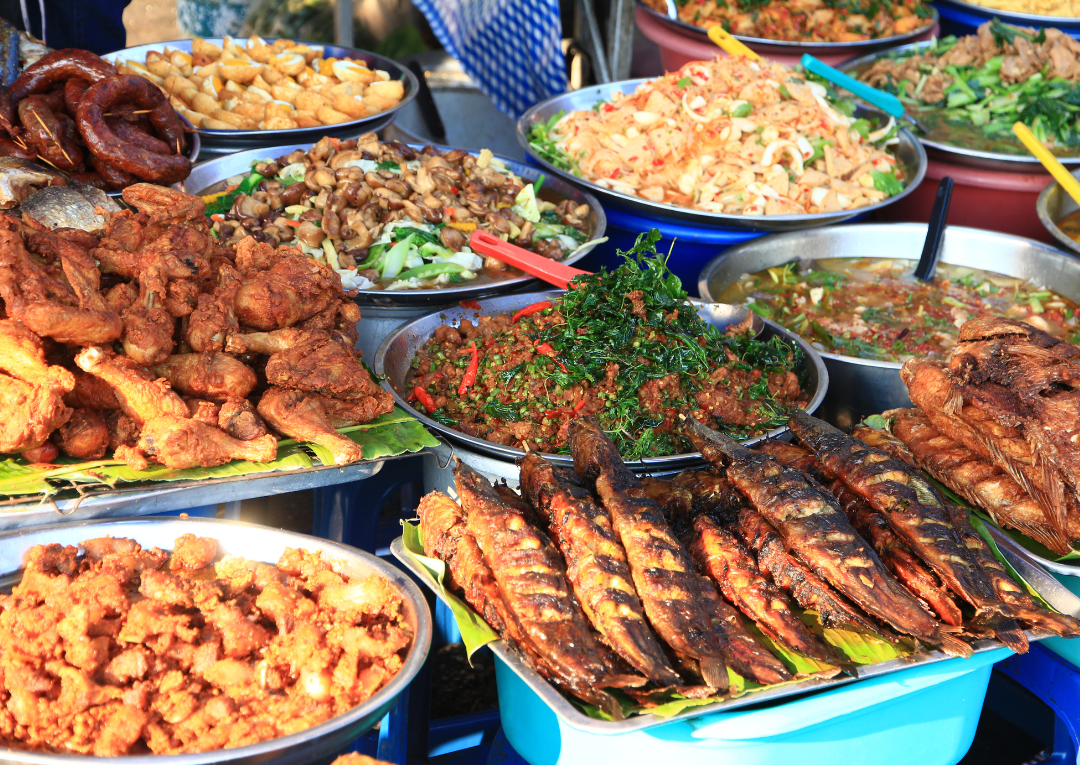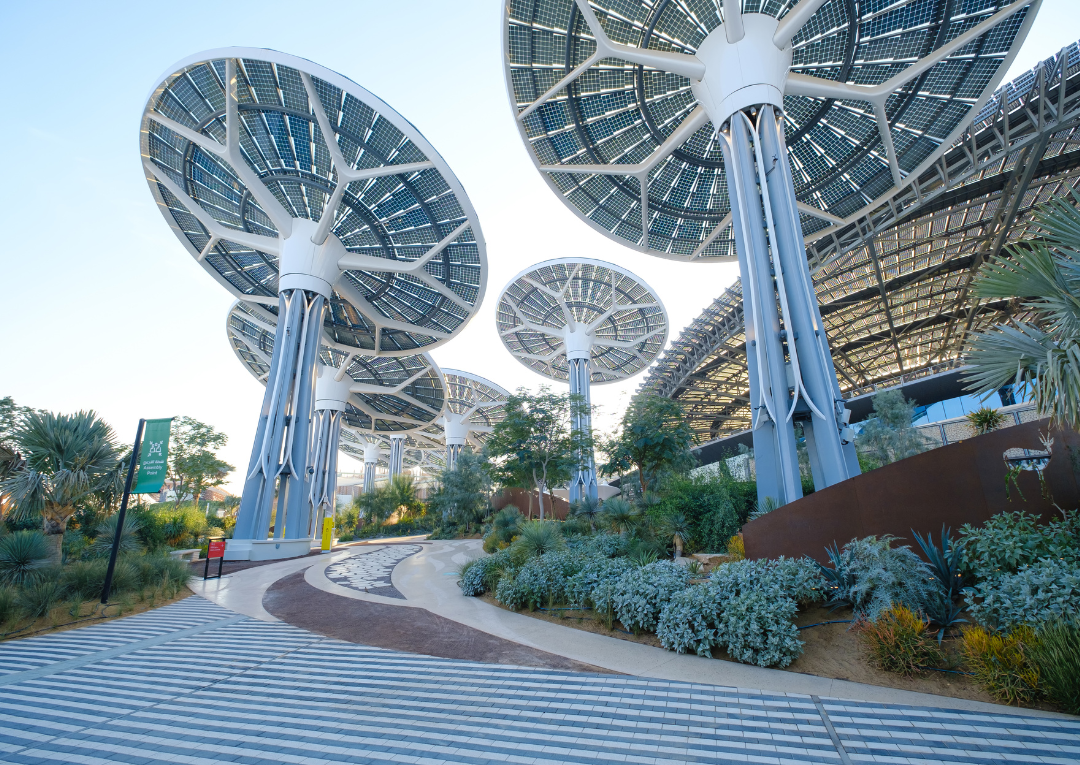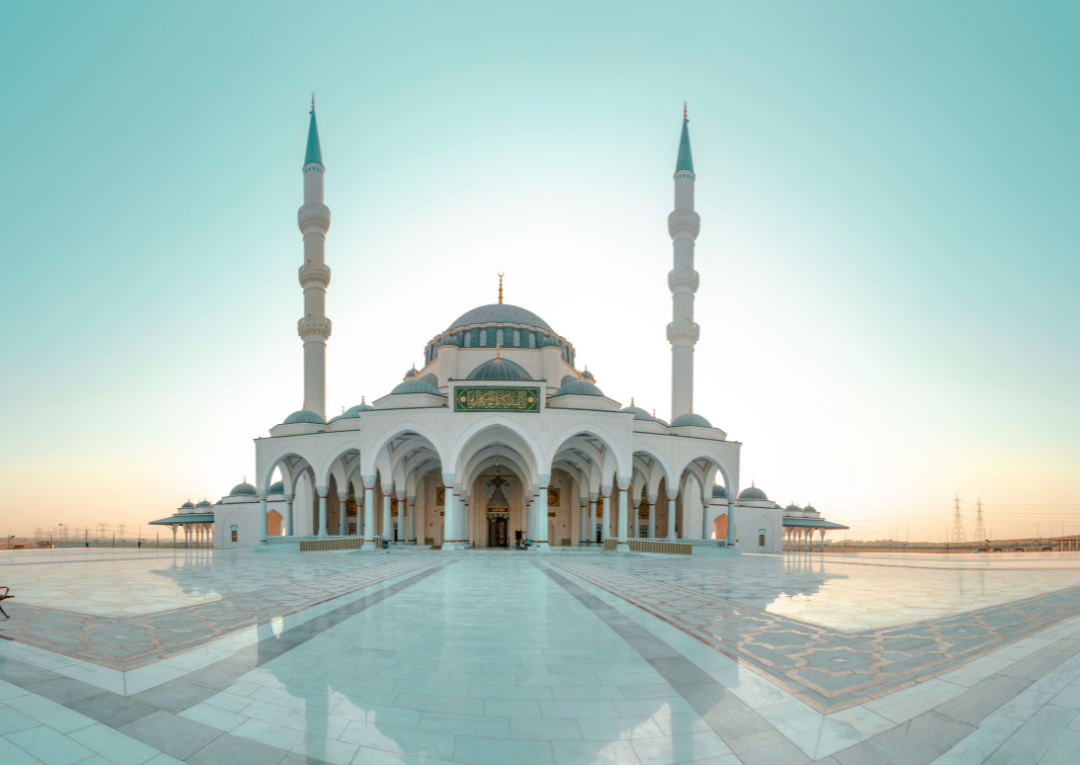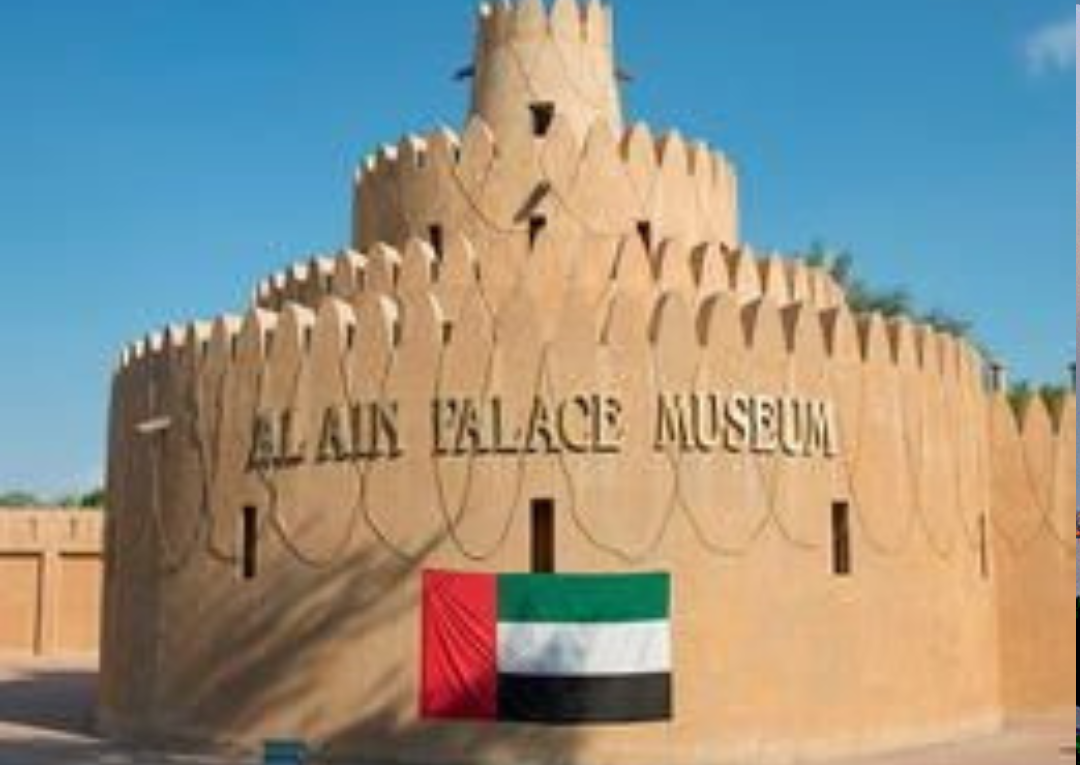Introduction
The Qatar World Cup is just around the corner, and football fans from all over the world are eagerly anticipating the biggest sporting event of 2022. However, amidst all the excitement, there’s a new edict that has grabbed everyone’s attention: hiding the beer! In this blog we will discuss Qatar World Cup Faces New Edict: Hide the Beer.
That’s right, you heard it correctly. In a surprising move, Qatar has implemented a ban on alcohol consumption in public places during the tournament.

Why is Beer Being Banned?
The decision to ban beer at the Qatar World Cup has sparked intense debate and speculation. Many are wondering why such a move would be made, especially considering the association between sports events and alcoholic beverages.
Cultural and religious factors play a significant role in this decision. Qatar is an Islamic country with strict laws regarding alcohol consumption. The majority of its population follows Islam, which prohibits the consumption of alcohol as it is considered haram (forbidden). As hosts of the World Cup, Qatar must adhere to their cultural values and traditions.
Moreover, hosting an international event like the World Cup requires accommodating diverse cultures and beliefs. By banning beer, Qatar aims to create an inclusive environment that respects different religious practices. This decision also aligns with their commitment to promoting a healthy lifestyle among citizens and visitors alike.
Of course, this ban has not been without controversy. Critics argue that it goes against the spirit of previous tournaments where alcohol was readily available for fans’ enjoyment. They believe that removing beer from stadiums will diminish the overall atmosphere during matches.
However, alternatives are being explored to cater to fans. Who still wants to enjoy sporting events with a drink in hand? For instance, designated fan zones outside stadiums may be created where alcohol can be consumed under controlled conditions.
From a sponsorship perspective, this ban poses challenges for brands associated with alcoholic beverages. Companies that have traditionally sponsored football events. May need to find alternative ways to engage with fans during the tournament without directly promoting their products.
Cultural and Religious Factors
Cultural and religious factors rules and regulations surrounding the consumption of alcohol in Qatar. As a predominantly Muslim country, Qatar adheres to Islamic principles that prohibit the consumption of alcohol. This is rooted in the belief that alcohol is intoxicating and can lead to harmful behavior.
In addition to religious considerations, there are also cultural factors at play. The Qatari society places great emphasis on hospitality and preserving their traditions. For many Qataris, abstaining from alcohol is seen as a way to maintain cultural integrity and uphold their values.
The decision to ban beer during the World Cup reflects these cultural and religious sensitivities. Qatar aims to create an inclusive environment for both locals and visitors by aligning with its societal norms.
While this may be challenging for some fans who enjoy having a drink while watching football matches. It’s important to respect these cultural differences when visiting another country. It provides an opportunity for individuals from different backgrounds to experience new perspectives and engage with local customs.
Understanding and respecting cultural and religious factors is crucial when navigating international events like the World Cup. It allows us all to appreciate diverse cultures while celebrating our shared love for sportsmanship on a global stage.

Controversy Surrounding the Ban
The decision to ban beer at the Qatar World Cup has sparked a wave of controversy. Debate among fans, sponsors, and advertisers. Many argue that it goes against the spirit of international sporting events. Where spectators often enjoy a cold beverage while cheering on their favorite teams.
Critics argue that the ban on beer is an infringement on personal freedom and cultural norms. They believe that alcohol consumption is a common part of many sporting events around the world. And banning it in Qatar sends a negative message about inclusivity.
On the other hand, proponents of the ban point to cultural and religious factors as justification for this decision. In Qatar, a predominantly Muslim country with strict Islamic laws, alcohol consumption is heavily regulated or prohibited altogether. The organizers argue that respecting these cultural sensitivities is important in hosting an event of this magnitude.
Furthermore, there are concerns about how this prohibition will impact sponsors and advertisers. Who have invested significant resources in promoting their brands during such high-profile events? Beer companies are major sponsors in sports worldwide, so finding alternative avenues for advertising without directly associating with alcoholic beverages may pose challenges for them.
Alternatives for Fans
As the Qatar World Cup approaches, fans from all over the world are eagerly anticipating this great sporting event. However, there is one aspect that has sparked controversy and raised concerns among many: the ban on beer consumption in public areas during the tournament. While this may come as a disappointment to some fans who enjoy having a cold brew while watching their favorite teams compete, there are alternative options available for those looking to quench their thirst.
One option is for fans to seek out venues that have been designated as “fan zones” where alcohol will be permitted. These designated areas will provide an opportunity for fans to enjoy a drink while soaking in the atmosphere of the World Cup. It’s important to note that these fan zones will be limited in number and capacity, so it would be advisable for fans to plan ahead and secure their spots early.
Another alternative is for fans to explore non-alcoholic beverage options. Qatar offers a wide range of refreshing drinks such as fresh juices, mocktails, and traditional Qatari beverages like Karak tea or Laban yogurt drink. These alternatives can still provide a flavorful experience without alcohol.
For those who prefer watching games at home or in private settings, hosting viewing parties can also be an enjoyable option. Fans can gather with friends and family in comfortable surroundings where they can freely indulge in their choice of beverages without any restrictions.
While the ban on beer may initially seem disappointing or inconvenient for some individuals, it’s essential to respect the cultural norms and religious beliefs of the host country. This unique aspect of experiencing football’s biggest event should not overshadow our excitement for what promises to be an incredible tournament filled with thrilling matches and unforgettable moments.

Impact on Sponsors and Advertisers
The ban on beer at the Qatar World Cup is not only causing a stir among fans, but it also has significant implications for sponsors and advertisers. With alcohol being a common feature of sporting events around the world, many companies have built their marketing strategies around promoting their products in these settings. Beer brands, in particular, have long been associated with sports sponsorships.
For sponsors who have invested heavily in the World Cup, this new edict poses challenges. They may need to rethink their advertising campaigns and find alternative ways to engage with fans. This could include focusing more on non-alcoholic beverages or partnering with brands that align with Qatar’s cultural values.
Advertisers will also be affected by the ban as they navigate how to promote their products without relying on traditional beer-centric messaging. There may be opportunities for creative solutions that appeal to both local customs and international viewership.
However, it’s important to note that while the ban on beer presents challenges, sponsors and advertisers are likely aware of Qatar’s cultural sensitivities when they enter into partnerships related to the World Cup. Thus, they should already have contingency plans in place.
Conclusion: Will the Ban Affect the Success of the World Cup?
As Qatar prepares to host the highly anticipated 2022 FIFA World Cup, it faces a new edict that has sparked controversy and raised questions about its impact on the event’s success. The decision to ban alcohol, particularly beer, has stirred up discussions among fans, sponsors, and advertisers alike.
While cultural and religious factors may have influenced this ban, it also presents challenges for an international sporting event where fans often enjoy their favorite beverages while cheering on their teams. The restrictions imposed on alcohol consumption could potentially dampen the vibrant atmosphere typically associated with such tournaments.
However, Qatar is not leaving football enthusiasts high and dry. Alternatives are being explored to ensure that fans still have options for refreshments during matches. Non-alcoholic beers and other beverages will be made available at designated areas within stadiums. Additionally, fan zones outside of venues may offer more lenient regulations regarding alcohol consumption.
The ban undoubtedly poses dilemmas for sponsors and advertisers who have traditionally capitalized on promoting alcoholic beverages during major sporting events like the World Cup. They now face limitations in terms of marketing opportunities and reaching their target audience effectively.
Nevertheless, it remains to be seen how this new edict will truly affect the overall success of the World Cup in Qatar. While there may be concerns about potential repercussions on attendance or fan enjoyment levels due to restricted access to beer within stadiums, there is also a chance that innovative alternatives could enhance experiences in unexpected ways.
Whether or not this controversial ban significantly impacts attendance numbers or alters perceptions of future editions remains uncertain until after curtains close on what promises to be an unforgettable tournament in 2022.





